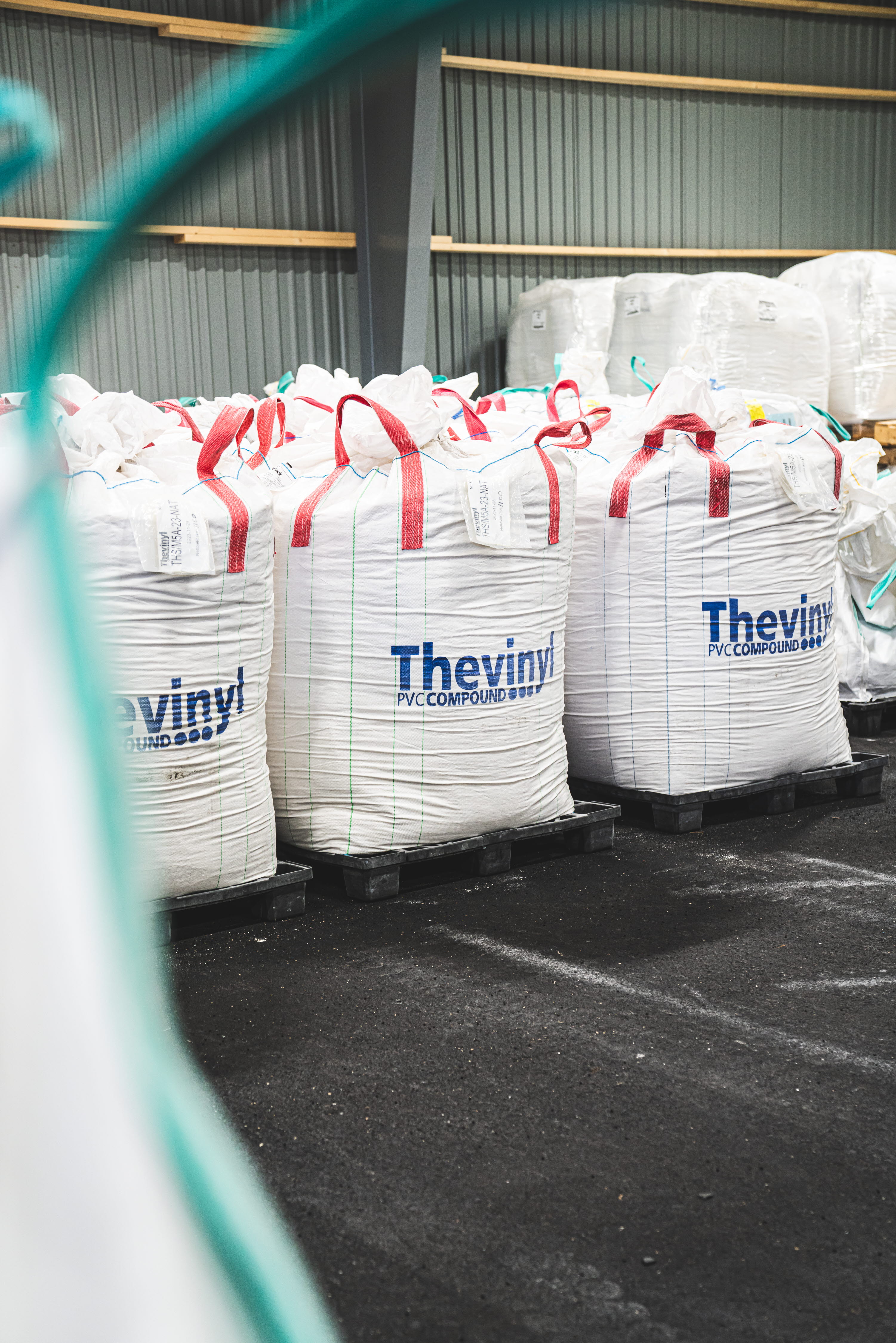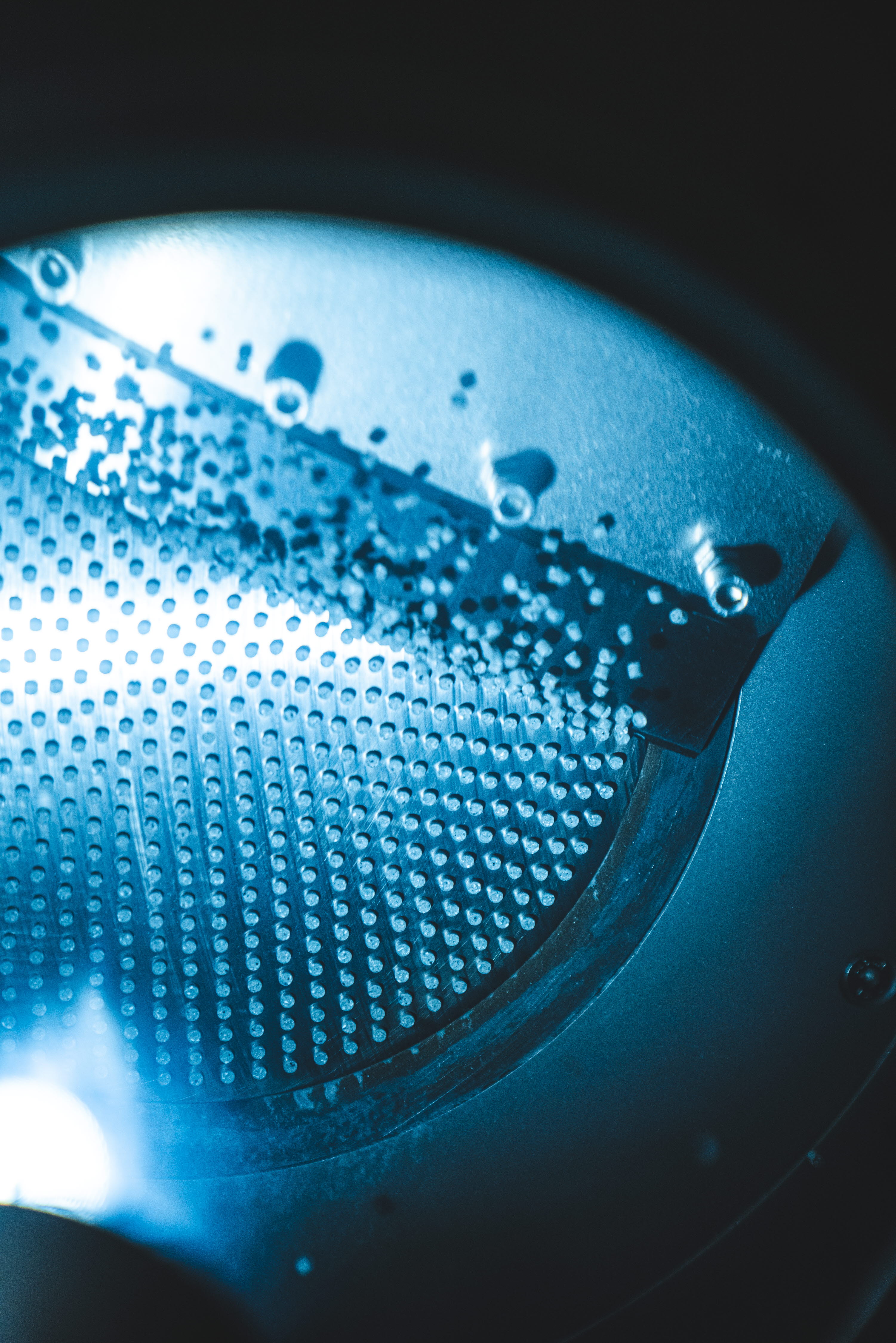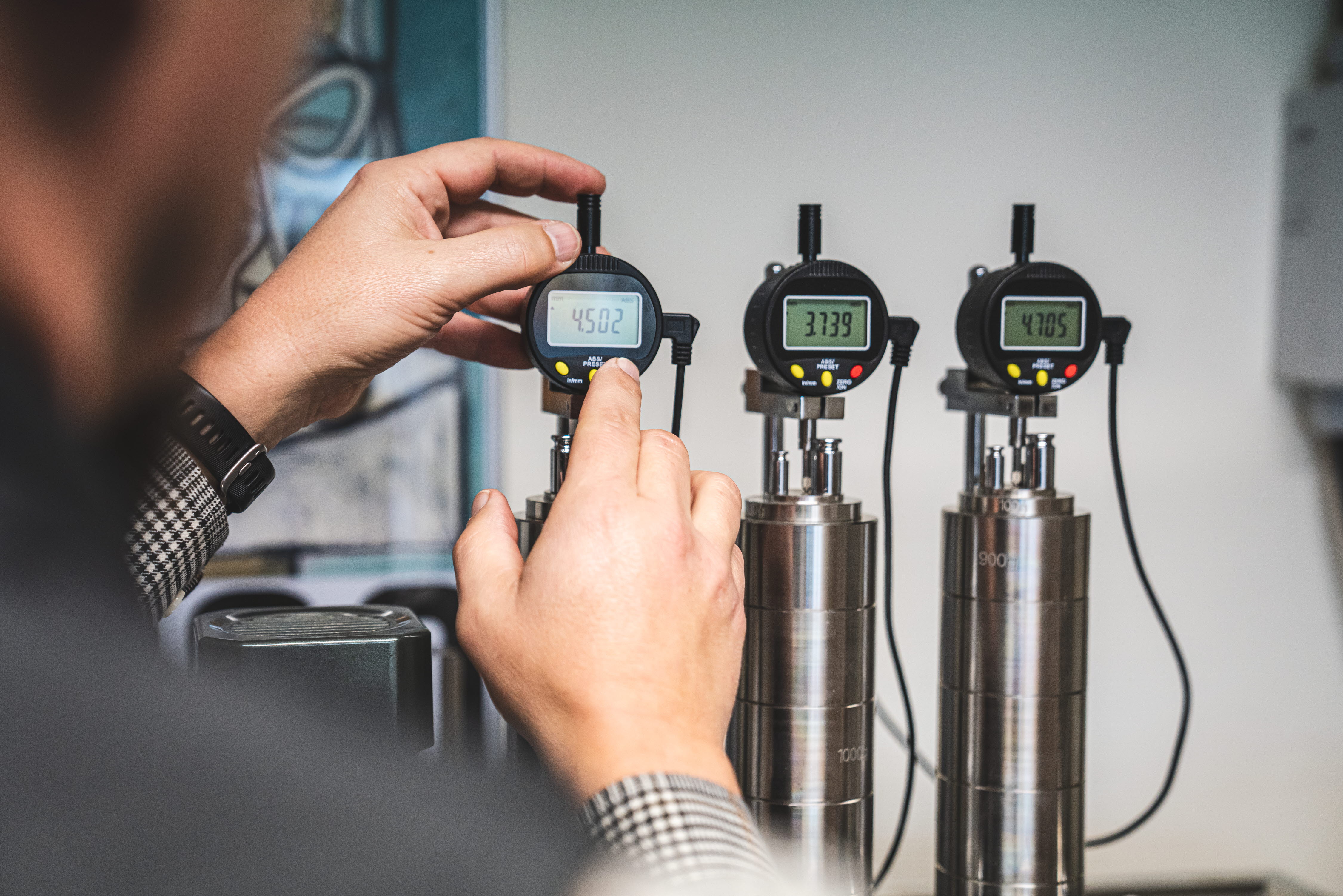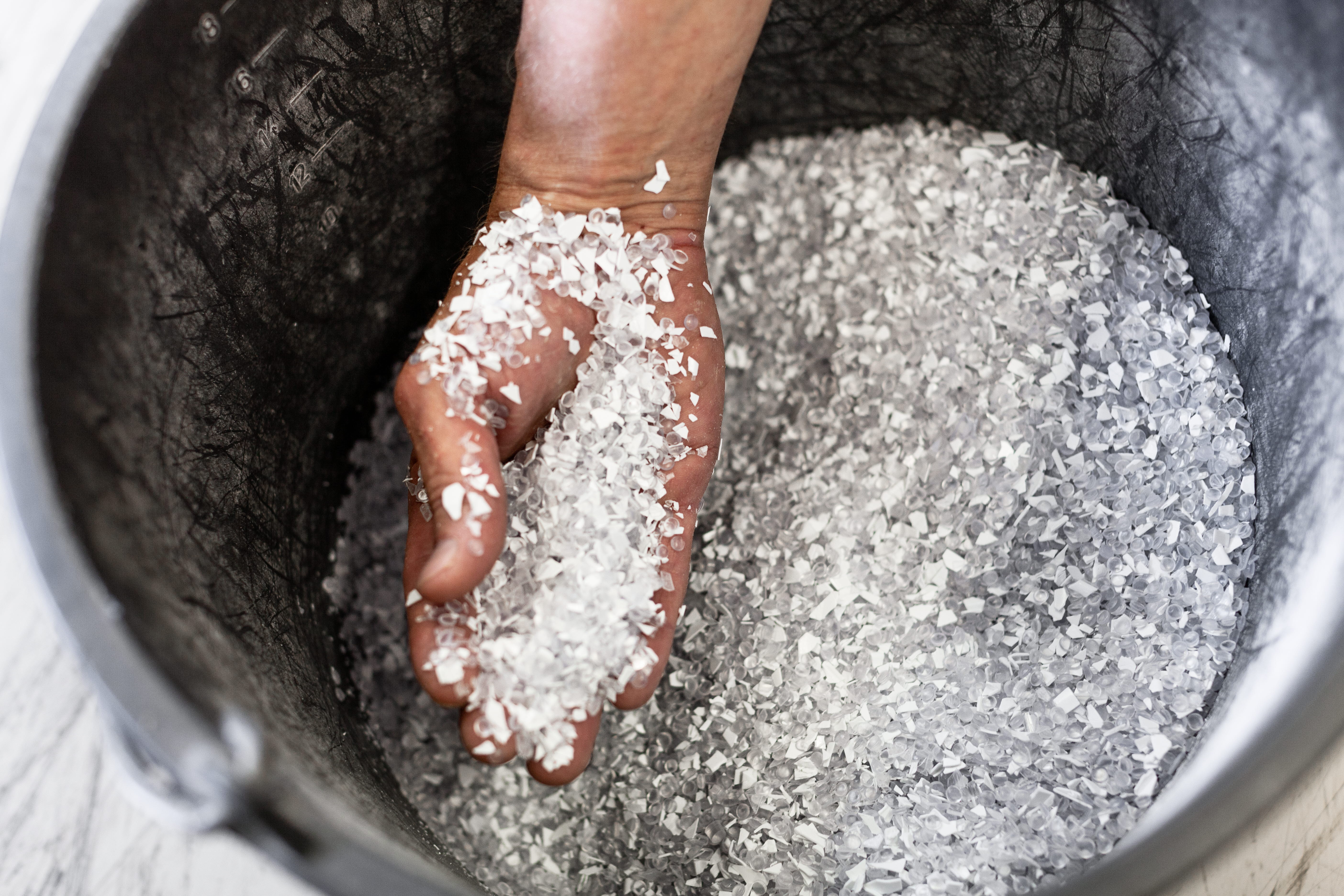
Partnering with Thevinyl to ensure a more sustainable value chain
As the demand for recycled materials continues to rise, the challenges in meeting this demand persist. Recycled PVC poses issues related to the cleanliness of the recycled material and the quality of the final product.Addressing these challenges and collectively contributing to emission reduction necessitate collaboration throughout the value chain. Working closely with our suppliers enables us to innovate solutions that will in turn reduce emissions across the board.
Continuous dialogue with our suppliers gives us an opportunity to show how ambitious we are in our climate work, but also allows us to communicate and discuss our expectations. It also gives us a forum to collaborate in finding solutions to common challenges.
In 2023, HL welcomed Thevinyl as a new supplier of PVC. Thevinyl is a compounder that provide HL with PVC granulates that are adapted to our specifications. During the fall of 2023, Thevinyl, HL and a handful of suppliers of recycled PVC have worked together to include recycled PVC in the mix, by creating a new type of compound.
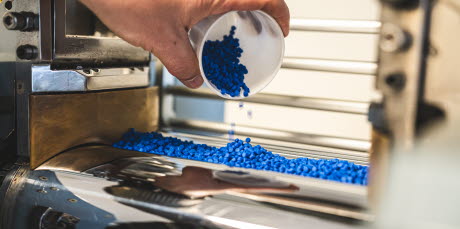
We discussed Thevinyl’s sustainability work and the importance of collaboration with Tobias Lind, CEO of Thevinyl. Thevinyl’s environmental goals include reducing carbon emissions by increasing the use of recycled as well as bio-based raw materials. These goals are aligned with HL’s climate ambitions and contribute to HL’s target of reducing emissions per tonne of purchased material with 22 percent by 2023 (our Scope 3 goal).
Reduction of greenhouse gas emissions
In line with both Thevinyl and HL’s targets to reduce emissions, in 2023, all the virgin PVC used by Thevinyl for HL’s compound was sourced from Sweden and Norway. This is important since PVC made in Sweden comes with a low carbon footprint, thanks to the Swedish energy mix which does not rely on fossil fuels. Furthermore, Thevinyl focuses on minimising carbon emissions from cradle to gate and have upgraded their lab to test recycled materials for improved quality and lifespan, the effects of which will be felt down both their value chain and ours.
Decreasing the use of raw materials
Tobias Lind emphasises recycling as the best current alternative to reduce carbon emissions for PVC - it is a plastic that can be recycled multiple times. However, challenges arise in finding the right sources of recycled PVC to achieve the necessary quality. “When discussing the use of recycled materials, quality and lifespan are partly compromised due to less knowledge about the material received. With the push to use recycled material, one forgets that quality and lifespan can be affected,” says Jonas Marking, Sustainability Manager at HL. Through our partnership with Thevinyl, as well as Thevinyl’s internal research, we can secure the quality and lifespan to fulfill our customers’ expectations.
The trickle-down effect of collaboration
Both Thevinyl and HL face increasing customer inquiries about climate and recycled material footprint. In part, Thevinyl’s customer inquiries come from HL, which in turn comes from our customers. This trickle-down effect will most likely increase as the need for traceability and transparency in the value chain will grow with the introduction of more legislation in the area. Thevinyl, responding to this demand, conducts Life Cycle Assessments, the results of which can be used by their customers, like HL, for a better understanding of the footprint of products.
Collaborative efforts between Thevinyl and HL aim to innovate solutions for the challenge in quality. “It is essential to rethink how collaboration works. In the future, more collaboration will be necessary,” describes Tobias Lind. Thevinyl extends its collaboration to include their suppliers. For example, together with Inovyn, who provides PVC powder to Thevinyl, they are exploring ways to jointly reduce carbon emissions. Going forward, HL and Thevinyl will continue to work closely to conduct tests and experiment on new solutions within PVC.
